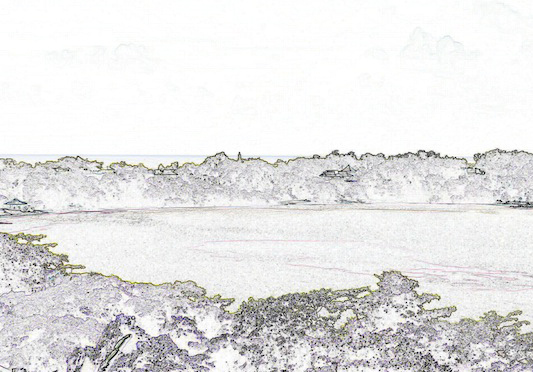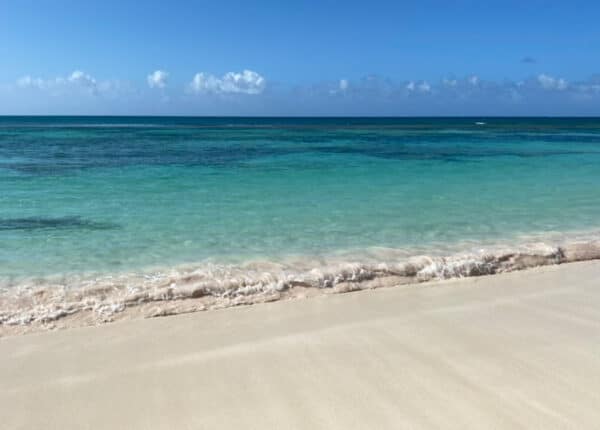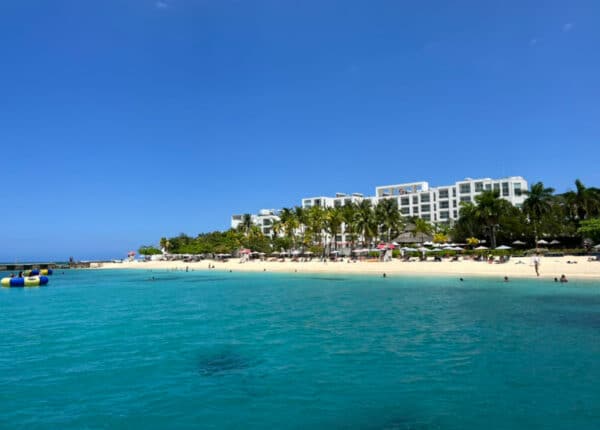Dennis Chung: Economic and Social Transformation in Jamaica
By Dennis Chung
CJ Contributor
“EVERYBODY want to go to heaven, but nobody want to die”. These words were sung by Peter Tosh in “Equal Rights.”
In other words, how can we expect to go to heaven if we are still living?
This is no different from the many expectations of people who expect (i) improved finances, but do not want to sacrifice consumption; (ii) good health and a nice body, but still eat poorly and do no exercise; or (iii) economic transformation but do not want to make the sacrifices necessary.
It is necessary for us to understand that transformation takes discipline, sacrifice, and a commitment to direction. In other words if we want to see the necessary transformation in any aspect of our lives then it is going to require changing the things we are used to and discipline to stay the course.
When we see, for example, the performance of Jamaica’s athletes, we fail to understand the sacrifice and hard work that goes into preparing for that one race. Or, put another way, that one event we see. Being someone myself who does endurance exercise, I know the discipline it takes to train, and eat the proper foods, even though you feel like throwing in the towel many times.
On the contrary, one can also work hard and make sacrifices, and never achieve the transformation you want, simply because the preparation is not done properly or you are heading in the wrong direction. So, for example, (i) it does not matter how fast you drive, if you are heading in the direction of St Thomas, you will not get to Montego Bay; or (ii) overworking your muscles can lead to disastrous results instead of the desired strength you desire.
What these examples show is that transformation requires, first understanding what your goals are; secondly, identifying the most efficient path to get there; thirdly, getting rid of the obstacles to that path; fourthly, committing to the transformation; and then finally implementing the transformation plan.
My last couple of articles have focused on what is needed for Jamaica’s economic growth and development, which essentially is to first understand that growth can only come from the private sector, and if the environment does not facilitate private sector expansion, then capital will simply move to more efficient returns. This includes moving out of Jamaica, or investing in short term activities.
So if we truly want economic and social transformation in Jamaica, we need to first accept that transformation requires that changes will happen.
This I think is one of the problems we have faced with our past economic programmes, and why we have not been able to benefit in any sustainable way from the sacrifices we have been called on to make repeatedly.
What we have always sought to do is tinker with economic activity, while maintaining the same political and social behaviour that many of us are invested in. Over the decades we have given lip service to economic and social transformation, but we have never truly done what is necessary to cement that transformation.
We have said that the private sector must lead the growth in the country, but we have never truly created an environment for the private sector to flourish, as we have never really reduced the negative effects of bureaucracy, deal with energy, or addressed law and order.
So the private sector continues to be expected to perform in an environment that is not as competitive as many of our trading partners.
We have said that we want to transform the public sector, to be more efficient, but political expedience has not allowed this to happen.
And we have also failed to understand that what we really need is not a reduction in the public sector, but rather an increase in efficiency of the public sector, whatever that entails. Even if we were to reduce the public sector, within the context of onerous rules and reward based on seniority, rather than performance, we would have the same inefficient system with less people.
We have said that what we really need to transform Jamaican society is greater innovation, but have failed to address the challenges facing the education system to ensure that we produce more literate persons who can create the needed innovation. So we have many youth who continue to sit on the corners, or we continue to set up some persons for success, and others for failure through the GSAT exams.
We have said that we are serious about improving tourism, but fail to address the infrastructural issues, the degradation of our beaches, and the harassment and indiscipline on the roads.
And this is why I have always said that irrespective of whatever economic and social policies we have in place, that unless we, in a very significant way, address the structural issues of energy, bureaucracy, tax reform, and law and order, we will not see the sustainable development we need. In other words, how can you build a house properly without ensuring that there is a solid foundation in place? Remember the man who built his house in the sand.
So if we truly want economic and social transformation, we must understand what is required. We must also understand that given the structural weaknesses in the Jamaican economic and social environment, that transformation means that if we do not plan properly to make the needed changes then it is going to cause some social dislocation.
For example, a more efficient economy means that those who do not have the ability to innovate, or be more productive, will fall by the way side and government is going to find itself having to play a greater welfare role.
Development is always going to cause dislocations, but this can be minimized by understanding where the weaknesses are and start putting in place mitigating policies to minimize the dislocation.
In other words, if we want to go to heaven, we must first die. However, at the same time we must do what is necessary to ensure we get to heaven, when we die, instead of somewhere else.
Dennis Chung is a chartered accountant and is currently Vice President of the Institute of Chartered Accountants of Jamaica. He has written two books: Charting Jamaica’s Economic and Social Development – 2009; and Achieving Life’s Equilibrium – balancing health, wealth, and happiness for optimal living – 2012. Both books are available at Amazon in both digital and paperback format. His blog isdcjottings.blogspot.com. He can be reached at drachung@gmail.com.







